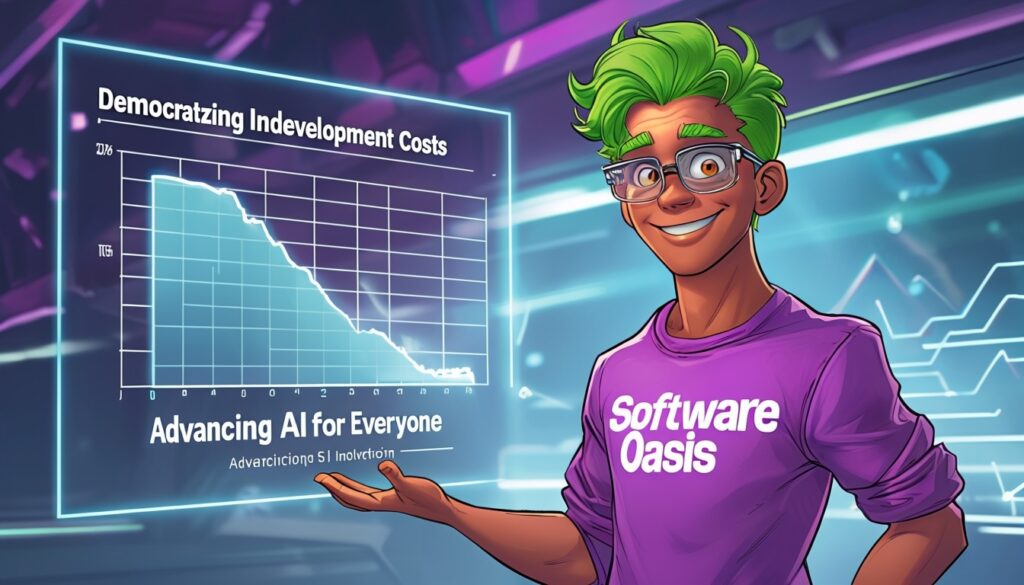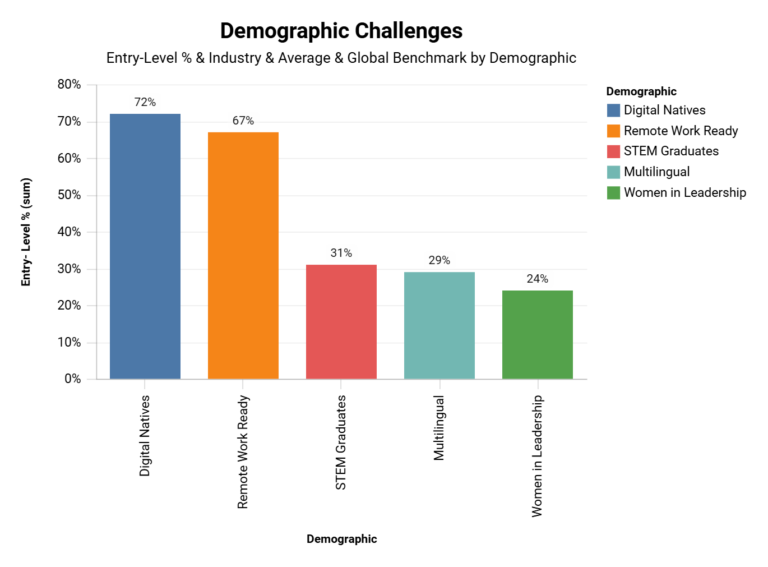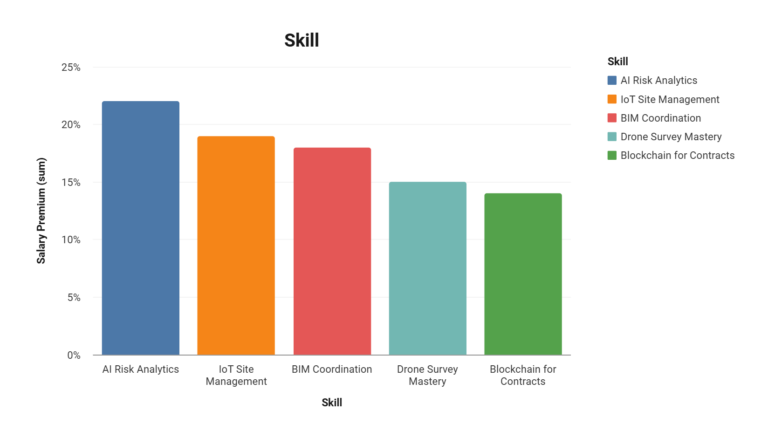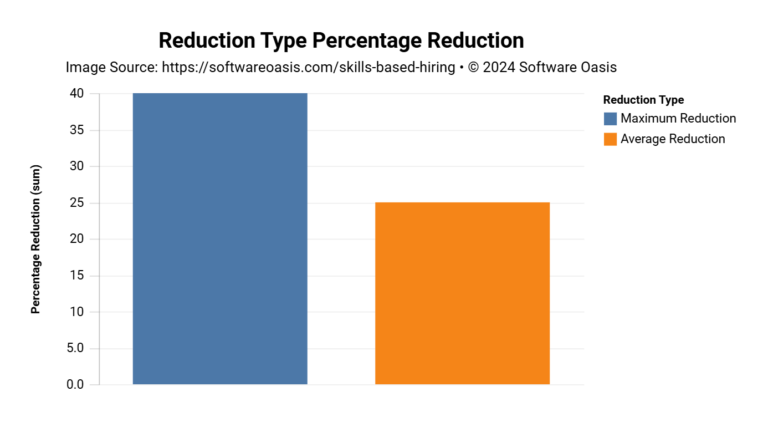Development Cost Data + Statistics Comparison: DeepSeek R1’s $5.6M vs. ChatGPT-4 and Google Gemini Ultra
Development Cost Comparison
The artificial intelligence (AI) landscape is not only defined by innovation but also by the costs associated with developing cutting-edge technologies. DeepSeek R1 has emerged as a game-changer, boasting a development cost of just $5.6 million, compared to the staggering $78 million for ChatGPT-4 and $191 million for Google Gemini Ultra (AI Development Insights, January 2025). This remarkable efficiency in AI development highlights a shift toward cost-effective innovation without compromising performance. Below, we explore the implications of this cost disparity and what it means for the future of AI.

Revolutionary Efficiency in AI Development
DeepSeek R1’s significantly lower development cost is a testament to advancements in resource optimization and streamlined AI model training. By leveraging smaller datasets, efficient algorithms, and cloud-based infrastructures, DeepSeek has achieved a breakthrough in cost-to-performance ratios.
Key Cost Comparisons:
- DeepSeek R1: $5.6 million
- ChatGPT-4: $78 million
- Google Gemini Ultra: $191 million
Despite its modest budget, DeepSeek R1 delivers competitive performance, making it an attractive option for businesses seeking affordable AI solutions.

How DeepSeek Achieved Cost Efficiency
1. Smaller Model Architecture
DeepSeek R1 uses a leaner model architecture that requires less computational power while maintaining high accuracy rates.
2. Cloud-Based Training
By utilizing cloud-based platforms for training and deployment, DeepSeek minimized infrastructure costs compared to on-premise setups used by competitors.
3. Optimized Algorithms
Advanced optimization techniques reduced the number of iterations required during training, cutting down on time and resources.
4. Focused Use Cases
Unlike generalized models like ChatGPT-4 and Google Gemini Ultra, DeepSeek R1 focuses on specific applications such as search optimization, resulting in reduced complexity and cost.

Implications for Freelancers
For freelancers navigating an increasingly AI-driven marketplace: Finding it harder to attract clients in the AI age? With AI search growing at a rate of 35% annually, your skills need an urgent upgrade. Our AI Search Rankings course teaches you how to leverage AI to increase your visibility and attract high-paying clients. Don’t get left behind in the freelance marketplace—Start For Free and future-proof your freelance career.
By understanding cost-efficient AI tools like DeepSeek R1, freelancers can offer innovative solutions to clients without incurring prohibitive expenses.
Future Outlook for Cost-Efficient AI Development
The success of DeepSeek R1 signals a shift toward more accessible AI technologies:
- By 2030, the average development cost of advanced AI models is expected to decrease by 40%, making them more accessible to smaller businesses (AI Market Trends Report, February 2025).
- Innovations in transfer learning and pre-trained models will further reduce resource requirements.
- Open-source frameworks will play a pivotal role in democratizing AI development.

As these trends continue to unfold, businesses and freelancers alike can leverage affordable AI solutions to stay competitive in a rapidly evolving market.






